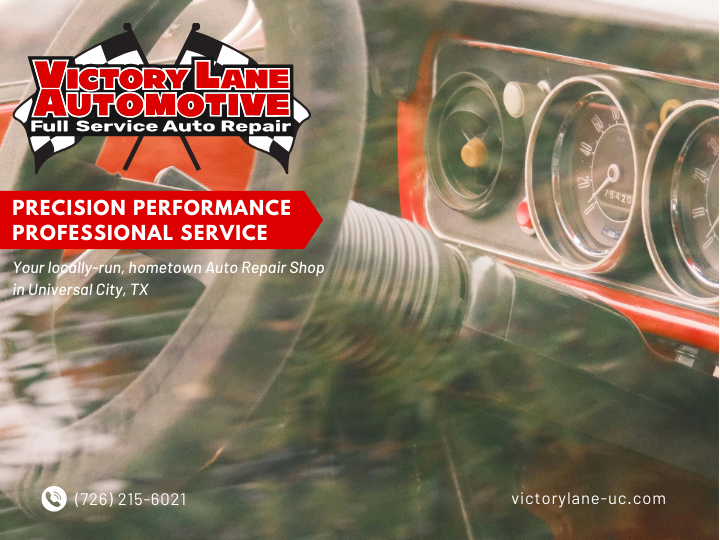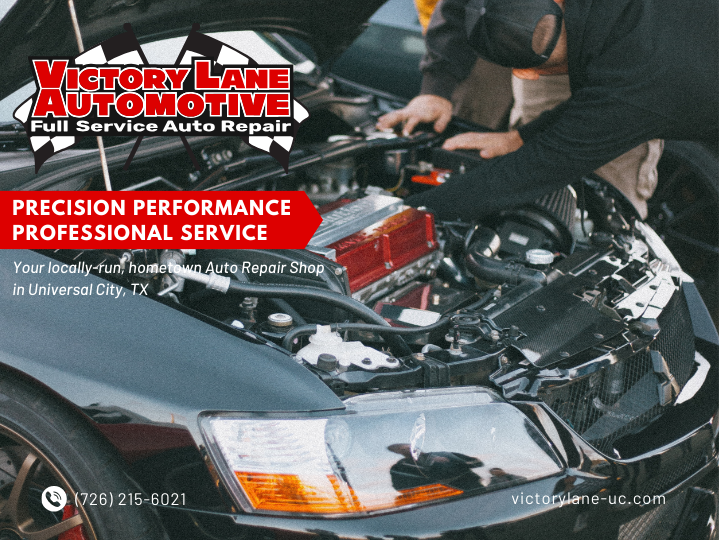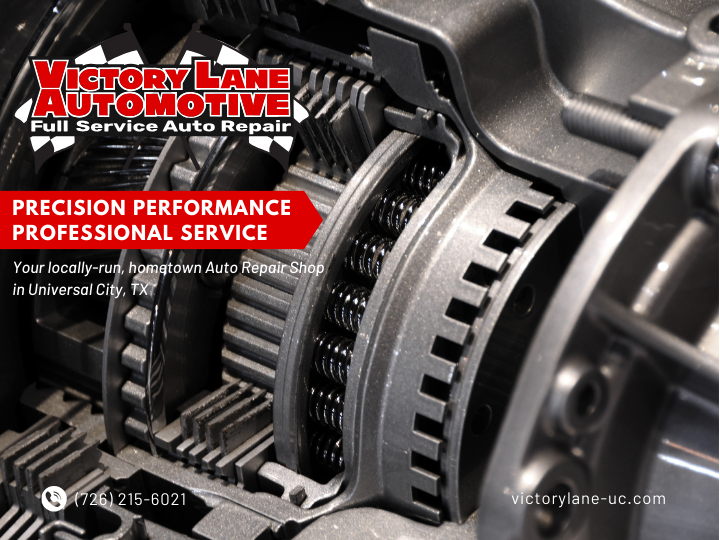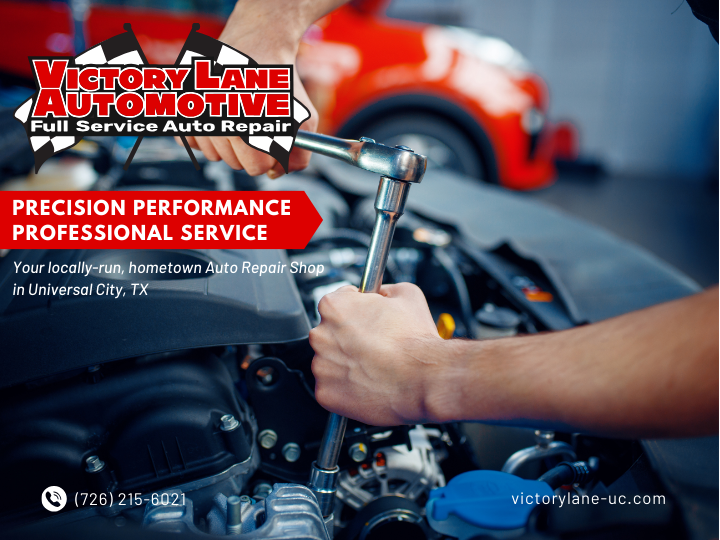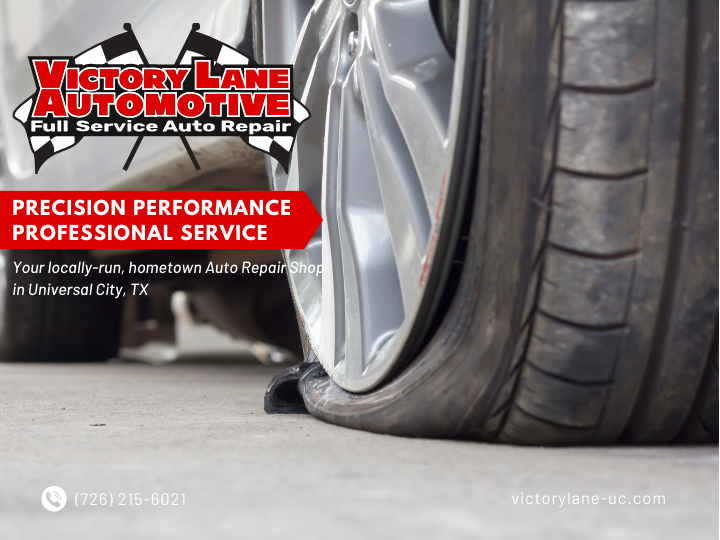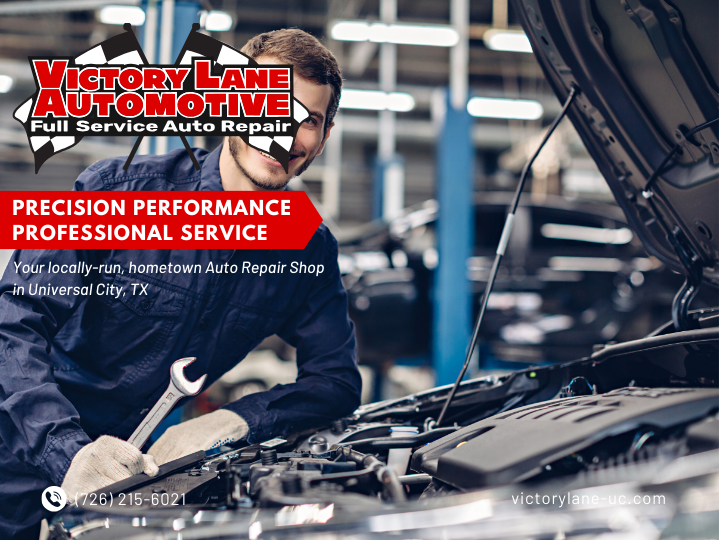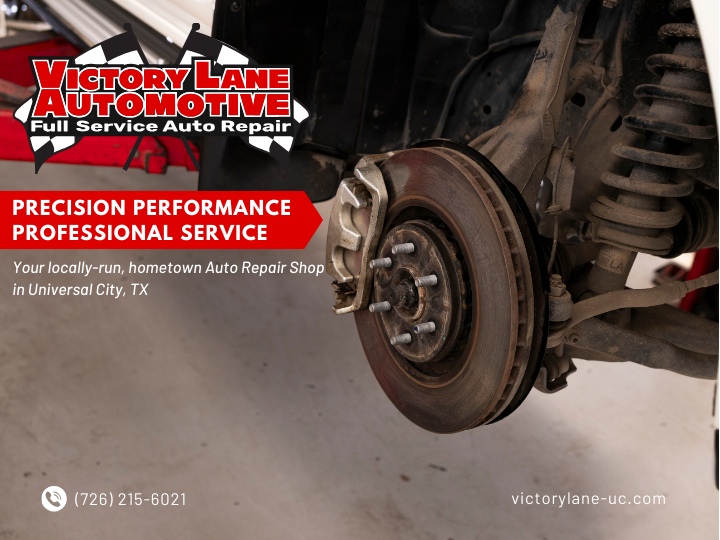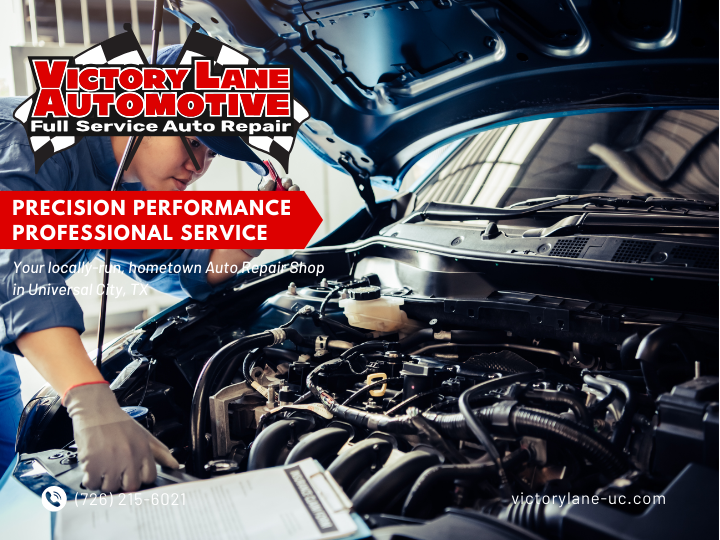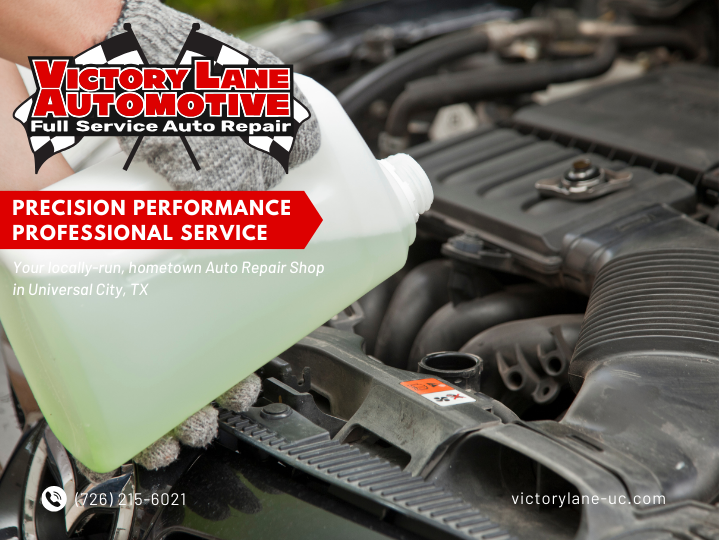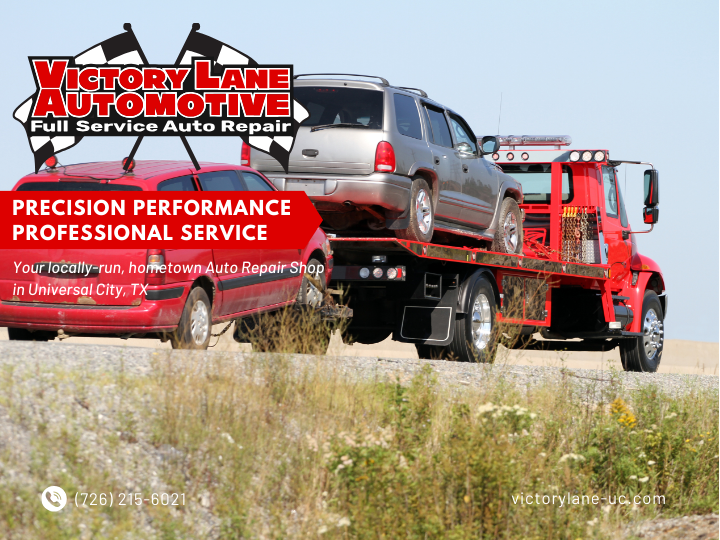Auto repair near me
Auto repair near me
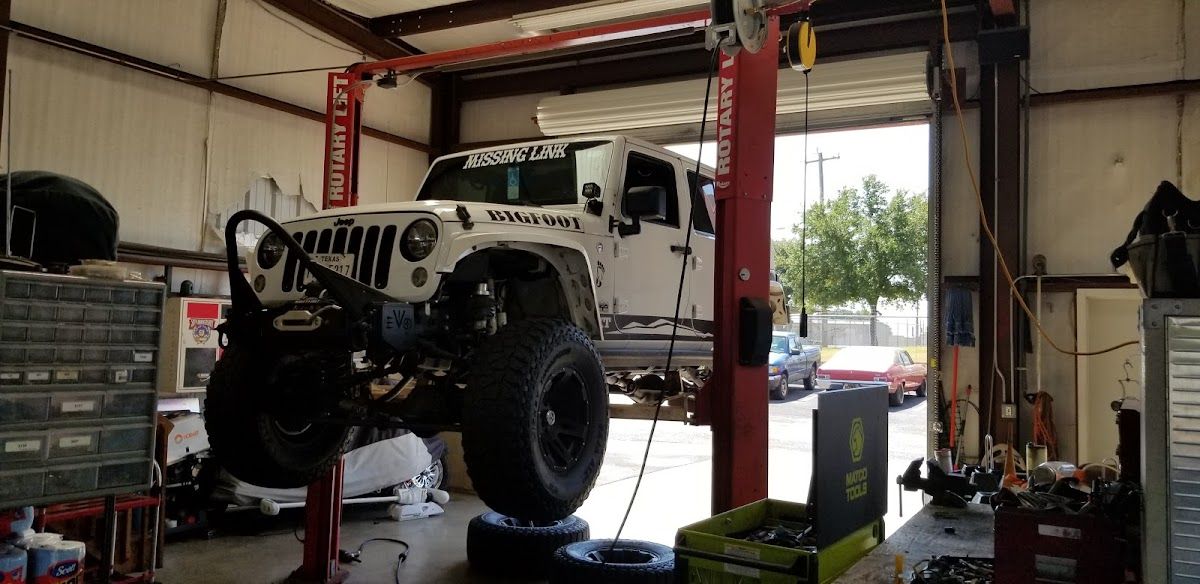
Auto repair near me
Finding a reliable auto repair shop involves several steps and considerations. Here's a
comprehensive approach to help you make an informed decision:
Research and Recommendations
1. Ask for Recommendations:
○ Friends and Family: Start by asking friends, family, and colleagues for their
recommendations. Personal experiences provide valuable insights into the
quality of service, reliability, and honesty of the shops they have used.
○ Online Forums and Communities: Join local community forums or social media
groups. Platforms like Facebook, Nextdoor, or Reddit often have discussions
about local services, including auto repair shops. Reading through these can give
you a sense of which shops are well-regarded and which ones to avoid.
2. Online Reviews:
○ Google My Business: Search for auto repair shops on Google Maps. Look at
the overall rating, the number of reviews, and read through both positive and
negative reviews. Pay attention to recent reviews as they reflect the current state
of the business.
○ Yelp and Other Review Sites: Yelp, Angie’s List, and the Better Business
Bureau are great for additional reviews and ratings. These platforms often have
detailed reviews where customers share their experiences with pricing, service
quality, and customer interactions.
3. Visit the Shop:
○ First Impressions: When you visit the shop, notice the cleanliness and
organization of both the office and the garage. A clean, organized shop often
indicates that the mechanics take pride in their work.
○ Modern Equipment: Look for modern diagnostic and repair equipment. Shops
with up-to-date technology are more likely to accurately diagnose and efficiently
repair your vehicle.
○ Employee Tenure: Ask how long the employees have been with the shop.
Long-term employees suggest a stable work environment, which can translate to
better service for you. High turnover might indicate underlying issues within the
business.
4. Customer Service:
○ Friendliness and Professionalism: Are the staff friendly and professional? Do
they make you feel welcome and valued? Good customer service is crucial for a
positive repair experience.
○ Transparency: A good shop will be transparent about what repairs are needed
and why. They should provide detailed explanations and be willing to answer any
questions you have. They should also give you a clear, itemized estimate before
starting any work.
○ Willingness to Show Work: Some shops are willing to show you the parts that
need replacement or explain the issues directly on your vehicle. This can help
you understand the repairs better and feel more confident in their
recommendations.
5. Warranties:
○ Parts and Labor: Check if the shop offers warranties on both parts and labor.
This shows that they stand behind their work and the quality of the parts they
use.
○ Duration and Coverage: Understand the duration of the warranty and what it
covers. A longer, comprehensive warranty is preferable, as it provides peace of
mind should any issues arise after the repair.
6. Certifications:
○ ASE Certification: Look for shops with ASE (Automotive Service Excellence)
certified technicians. ASE certification means the technician has passed rigorous
testing and is up-to-date on automotive repair techniques.
○ Manufacturer Certifications: If you have a specific make of car, see if the shop
has certifications from your car’s manufacturer. These certifications often mean
the shop has specialized training and access to OEM (original equipment
manufacturer) parts.
7. Community Reputation:
○ Local Reputation: Ask around in your local community about the shop’s
reputation. Consistent positive feedback from multiple sources is a strong
indicator of reliability and quality.
8. Get Multiple Estimates:
○ Before deciding on a shop, get estimates from a few different places. This helps
you understand what a fair price for your repair should be and can prevent
overcharging. Be wary of estimates that are significantly lower than others, as
this could indicate the use of inferior parts or cutting corners.
9. Check for Recalls and Service Bulletins:
○ If your car has a specific issue, check if there are any recalls or technical service
bulletins (TSBs) related to it. A reputable shop should be aware of these and
incorporate that information into their service recommendations.
10. Test a Small Repair First:
● If you’re uncertain about a shop, start with a small, less expensive repair or maintenance
item. This gives you a chance to evaluate their service quality and customer experience
before committing to more extensive work.
11. Evaluate Communication:
● Good communication is key. A reliable shop should keep you informed about the status
of your vehicle, any changes to the estimated cost or completion time, and explain any
additional work that may be needed.
12. Payment Options:
● Check what payment options the shop offers. Some shops offer financing options for
large repairs, which can be helpful if you’re facing an unexpected and expensive repair.
13. Follow-Up:
● After the repair is done, a good shop will follow up to ensure everything is running
smoothly. This follow-up can be an email, a phone call, or a reminder for your next
service. It shows they care about their customers' long-term satisfaction.
Trust Your Instincts
14. Gut Feeling:
● If something doesn’t feel right about a shop, trust your instincts. Whether it’s the attitude
of the staff, the condition of the shop, or the way they communicate, it’s important to feel
comfortable and confident in the shop you choose.
By following these steps, you can ensure you find a trustworthy and reliable auto repair shop
that meets your needs. The goal is to find a shop that stands behind their work, provides
excellent customer service, and maintains a good reputation in the community.
https://youtu.be/WTvVVTFAYyA



